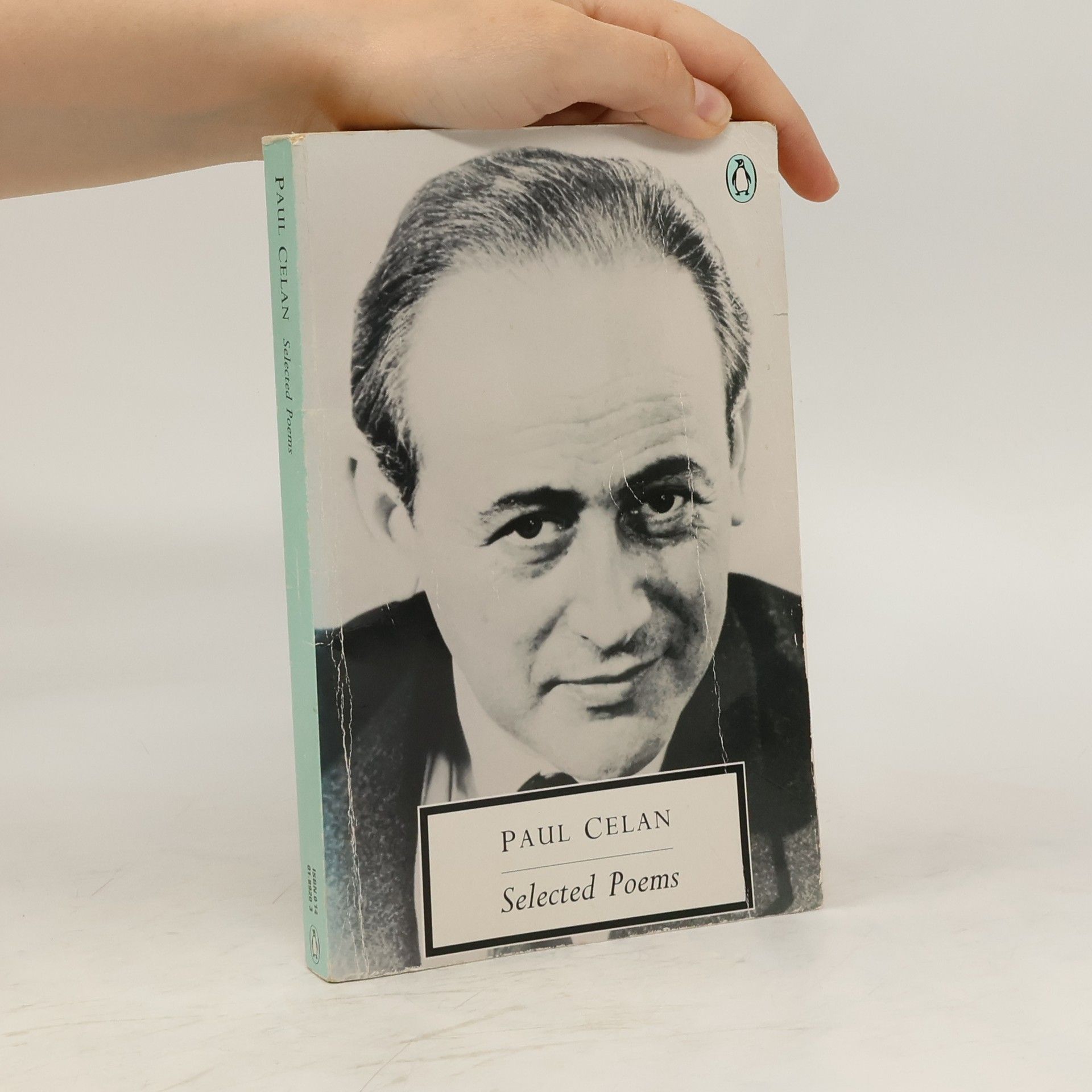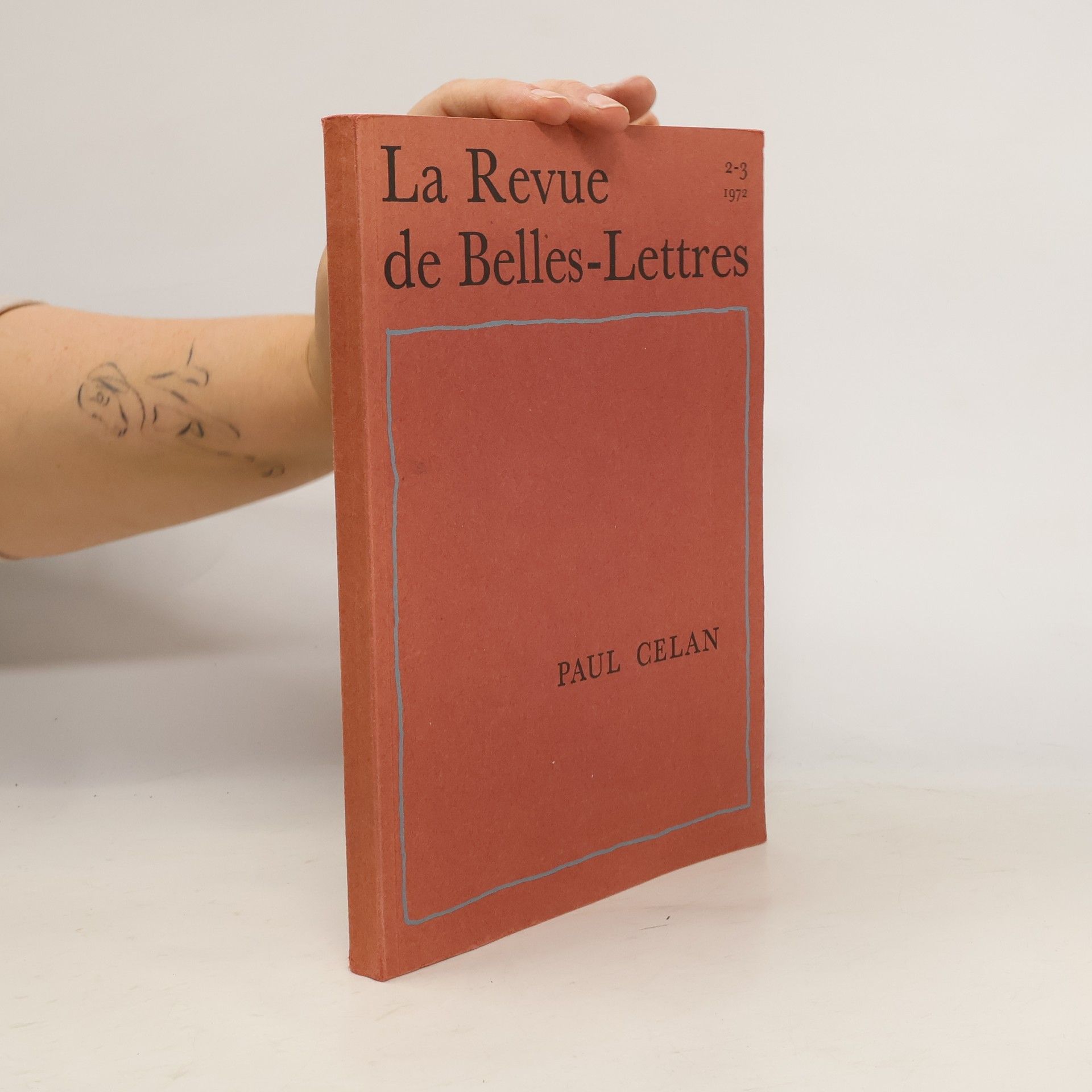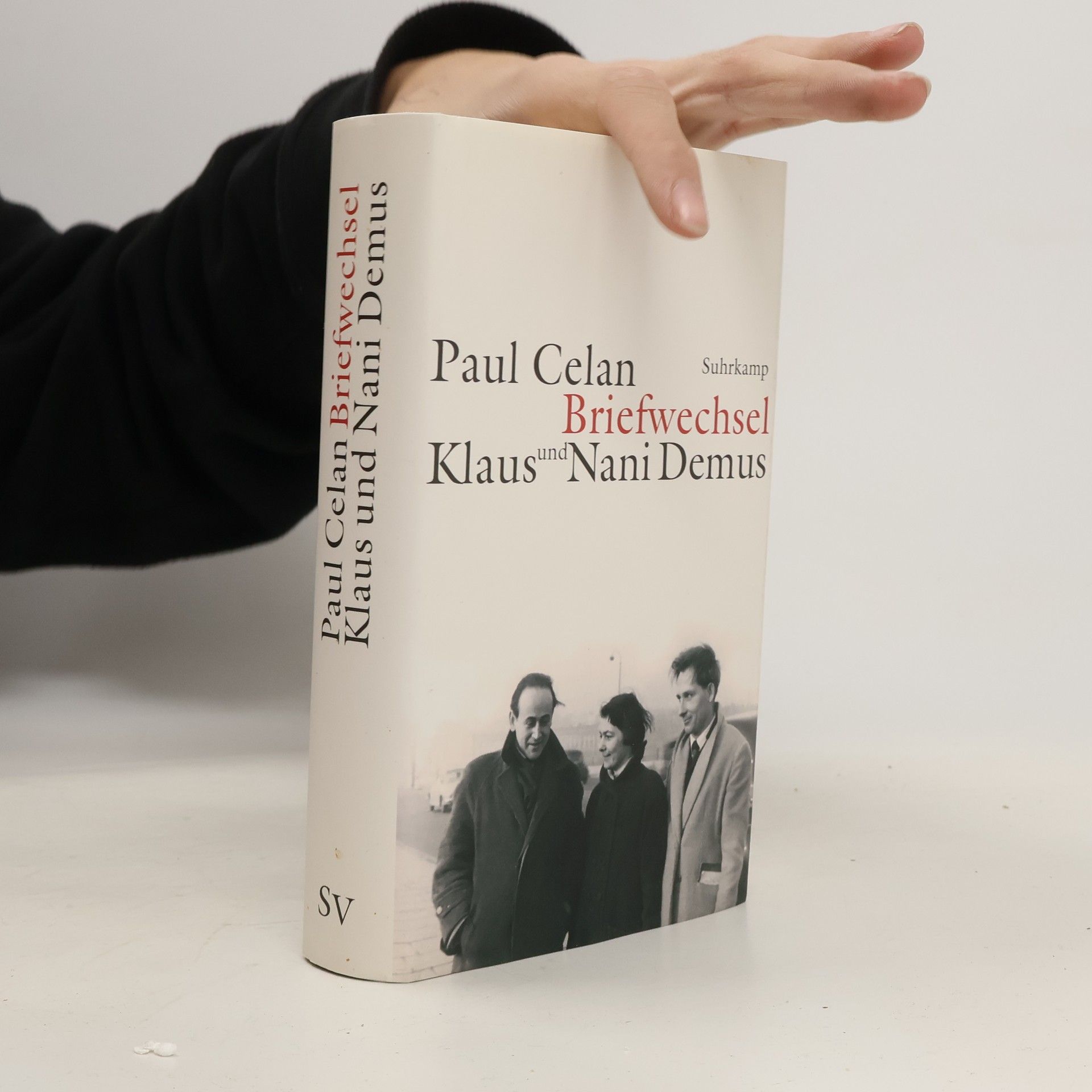Paul Celan - Klaus und Nani Demus, Briefwechsel
- 675pages
- 24 heures de lecture
»Meine Lieben, habt Dank für alles, habt Dank dafür, daß Ihr da seid, daß Ihr dieses weite Tor der Freundschaft geöffnet habt –: Ihr seid meine endlich wirklich gewordene Welt.« Paul Celan an Klaus und Nani Demus. Celan bezeichnete Klaus Demus als »Bruder« und öffnete sich ihm wie niemandem sonst. Diese Freundschaft begann 1948 in Wien, vermittelt durch Ingeborg Bachmann. Der Kontakt zwischen dem Bukowiner Dichter und dem jungen Wiener Kunstgeschichtsstudenten entwickelte sich zur einzig »wahren« Freundschaft Celans, in die auch Nani Demus und seine Frau Gisèle Celan-Lestrange einbezogen wurden. Ihr umfangreicher Briefwechsel, etwa 400 Briefe, ist von herausragender Bedeutung und offenbart den Menschen hinter dem Werk. Er gewährt Einblicke in Celans oft mühevollen Alltag in Paris und beleuchtet die Beziehung zwischen ihm und Ingeborg Bachmann in neuem Licht. Trotz der großen Nähe wurde ihre Verbindung durch die Goll-Affäre und Celans Krankheit 1962 für Jahre unterbrochen. 1968 nahm Klaus Demus den Kontakt wieder auf, und diese Briefe dokumentieren berührend die letzten Jahre von Paul Celan.




